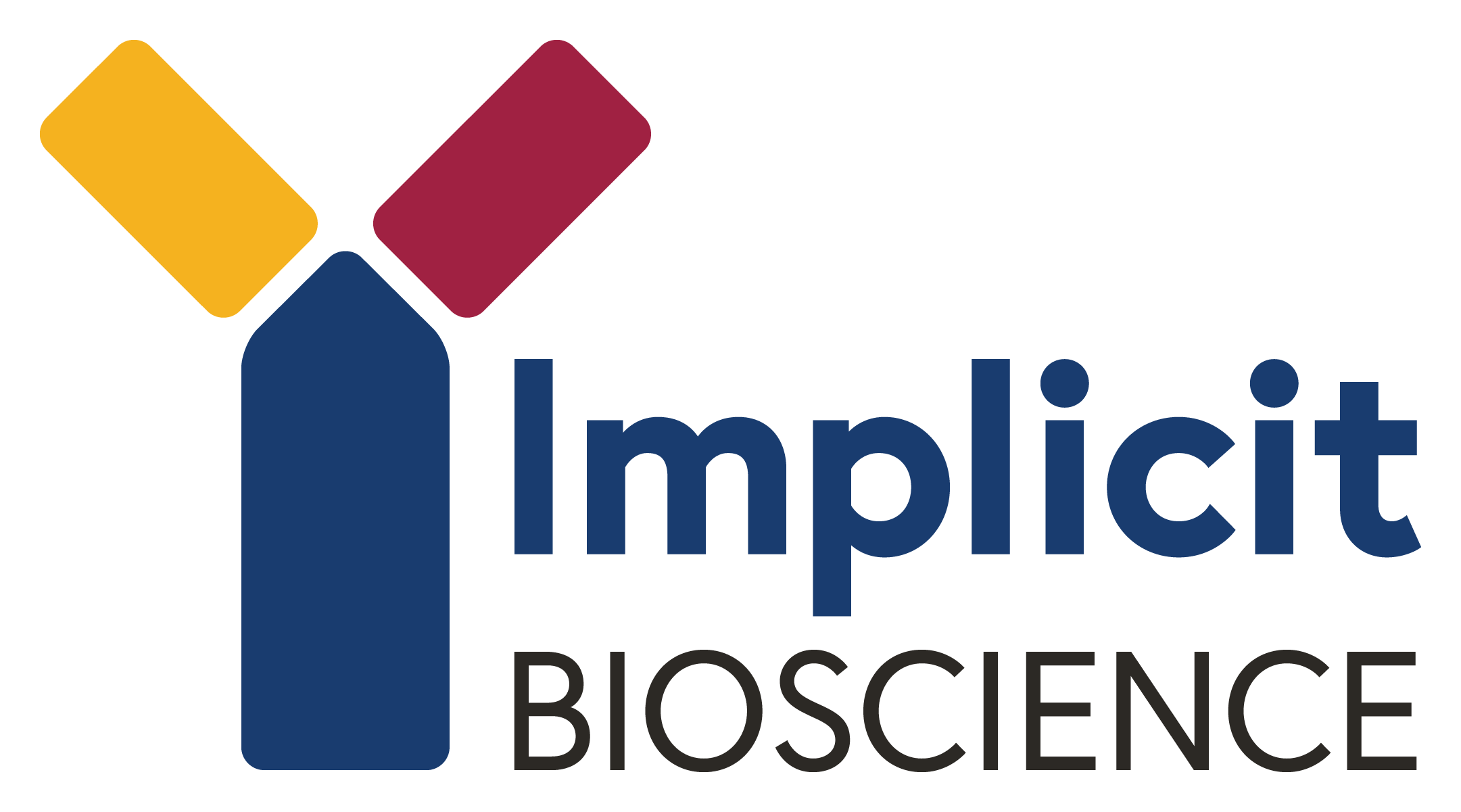The US Food and Drug Administration has issued a “Study May Proceed” letter approving the commencement of clinical study with IC14 in patients with the most severe form of heart attack. An ST-elevated myocardial infarction (STEMI) is a very serious type of heart attack during which one of the heart’s major arteries supplying oxygen and nutrient-rich blood to the heart muscle is blocked. Around 750,000 heart attacks are reported in the US each year.
Treatment for a heart attack is currently limited to rapid insertion of a stent to ensure that the blood vessel stays open, followed by administration of blood-thinning drugs such as aspirin to reduce blood coagulation and clotting.
However, over the following weeks and months, chronic damage accumulates to the heart muscle and vasculature because of the initial trauma of blockage (called “ischemia”) and subsequent re-establishment of blood flow (called “reperfusion”).
Ischemia-reperfusion injury (IRI) is largely mediated by immune pathways that are downstream from the target of Implicit’s monoclonal antibody IC14. IRI results in stiffening and weakening of the heart muscle, progressively reducing its efficiency and leading to the risk of further heart failure or other problems including strokes, dementia and lung failure.
IC14 will be administered to patients within hours of a STEMI with the object of preventing the acute and chronic damage caused by IRI.
Earlier in 2020, Implicit Bioscience successfully completed an animal model proof-of-concept study at the Baker Heart and Diabetes Institute in Melbourne, Australia, and filed a new patent application covering this use of IC14.

